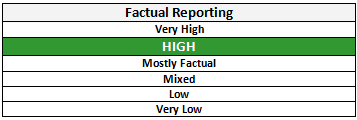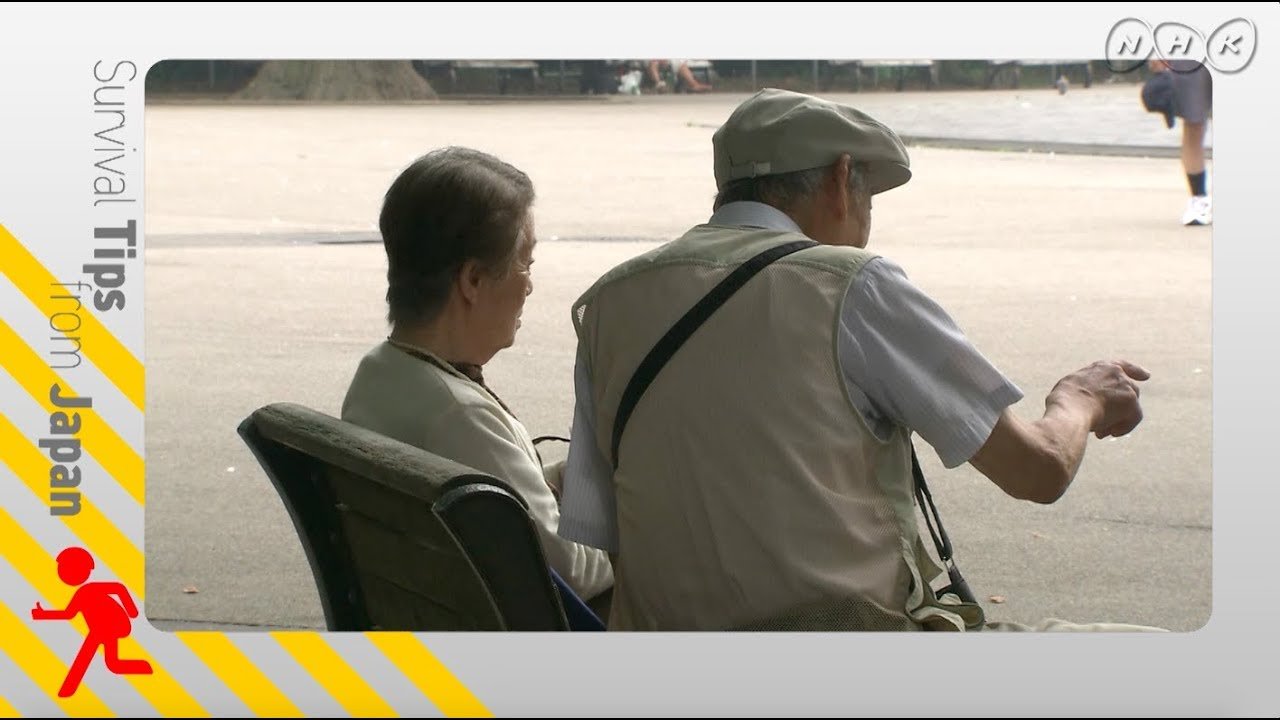As temperatures rise, the elderly are more susceptible to heatstroke due to their reduced ability to regulate body temperature and sense heat and thirst. This can lead to dehydration and heatstroke, even during the night. The video emphasizes the importance of monitoring elderly individuals, especially those living alone, to ensure they stay hydrated and cool, as they may avoid using air-conditioning and drinking water to minimize trips to the bathroom.
- Elderly individuals are at a higher risk of heatstroke compared to younger people.
- The elderly may not feel heat and thirst as acutely, leading to unnoticed dehydration.
- Decreased sweating and body temperature regulation contribute to the risk of heatstroke.
- Heatstroke in the elderly can occur even during muggy nights.
- Some elderly people may not use air-conditioning or drink sufficient water to avoid frequent bathroom trips.
- For elderly people living alone, it’s crucial for their community to check in and ensure they are managing the heat safely.
- Realizing one has heatstroke can be more difficult for the elderly.
NHK WORLD-JAPAN is “the international service of Japan’s public media organization NHK.” NHK World-Japan is operated by Nippon Hoso Kyokai (NHK). The goal of NHK World-Japan is stated as “to promote a deeper international understanding of Japan, introducing the latest events in Japan through news and other programs.”
“Overall, we rate NHK World-Japan Left-Center biased based on story selection that slightly favors the left. We also rate them High for factual reporting due to a clean fact check record.”
https://mediabiasfactcheck.com/nhk-world/


Official website: https://www3.nhk.or.jp/nhkworld/
Original video here.
This summary has been generated by AI.
